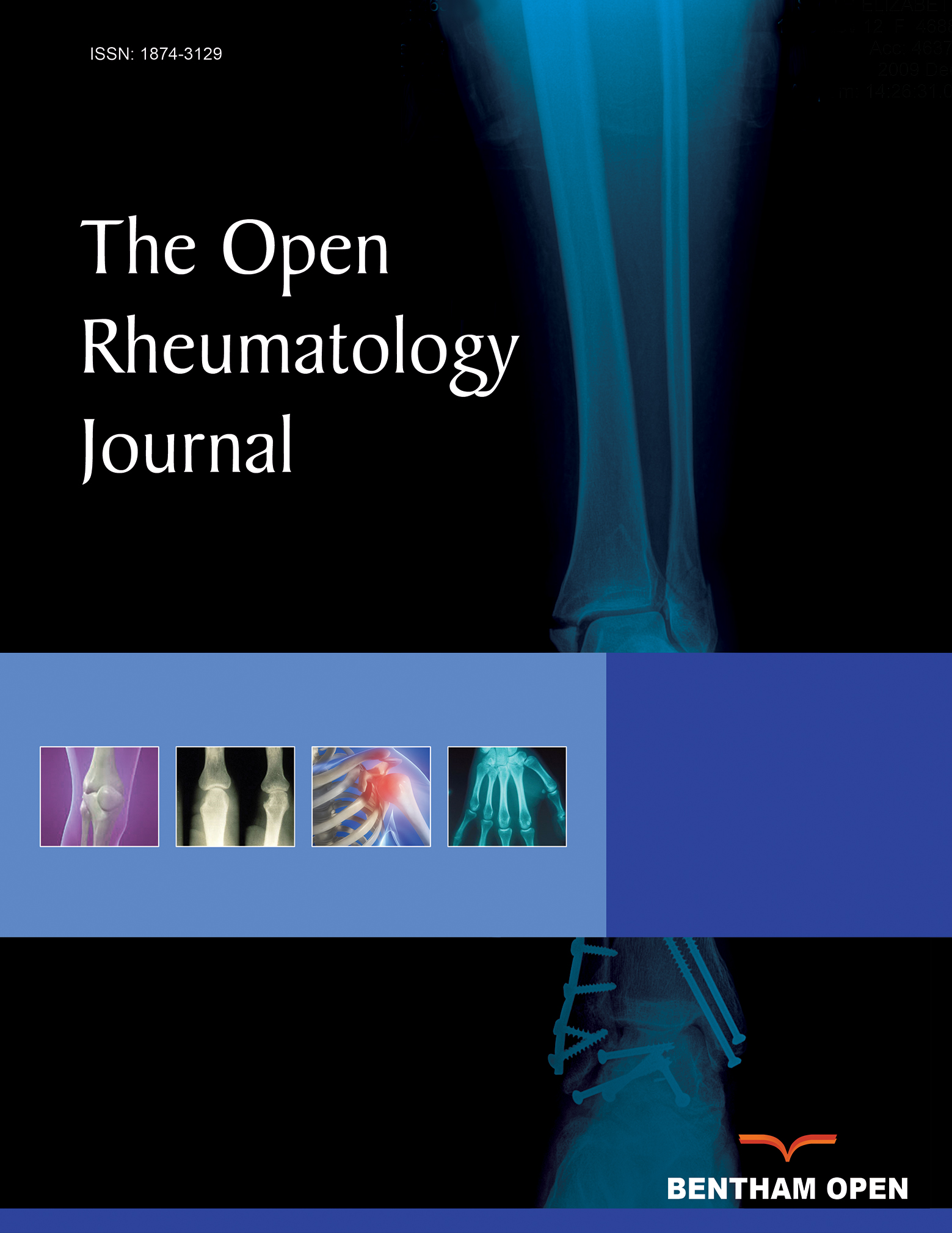Complementary and Alternative Medicine Use in Musculoskeletal Disorders: Does Medical Skepticism Matter?
Abstract
Medical skepticism is the reservation about the ability of conventional medical care to significantly improve health. Individuals with musculoskeletal disorders seeing specialists usually experience higher levels of disability; therefore it is expected they might be more skeptical of current treatment and thus more likely to try Complementary and Alternative Medicine (CAM). The goal of this study was to define these relationships. These data were drawn from a cross-sectional survey from two cohorts: those seeing specialists (n=1,344) and non-specialists (n=724). Site-level fixed effects logistic regression models were used to test associations between medical skepticism and 10 CAM use categories. Some form of CAM was used by 88% of the sample. Increased skepticism was associated with one CAM category for the non-specialist group and six categories for the specialist group. Increased medical skepticism is associated with CAM use, but medical skepticism is more often associated with CAM use for those seeing specialists.


